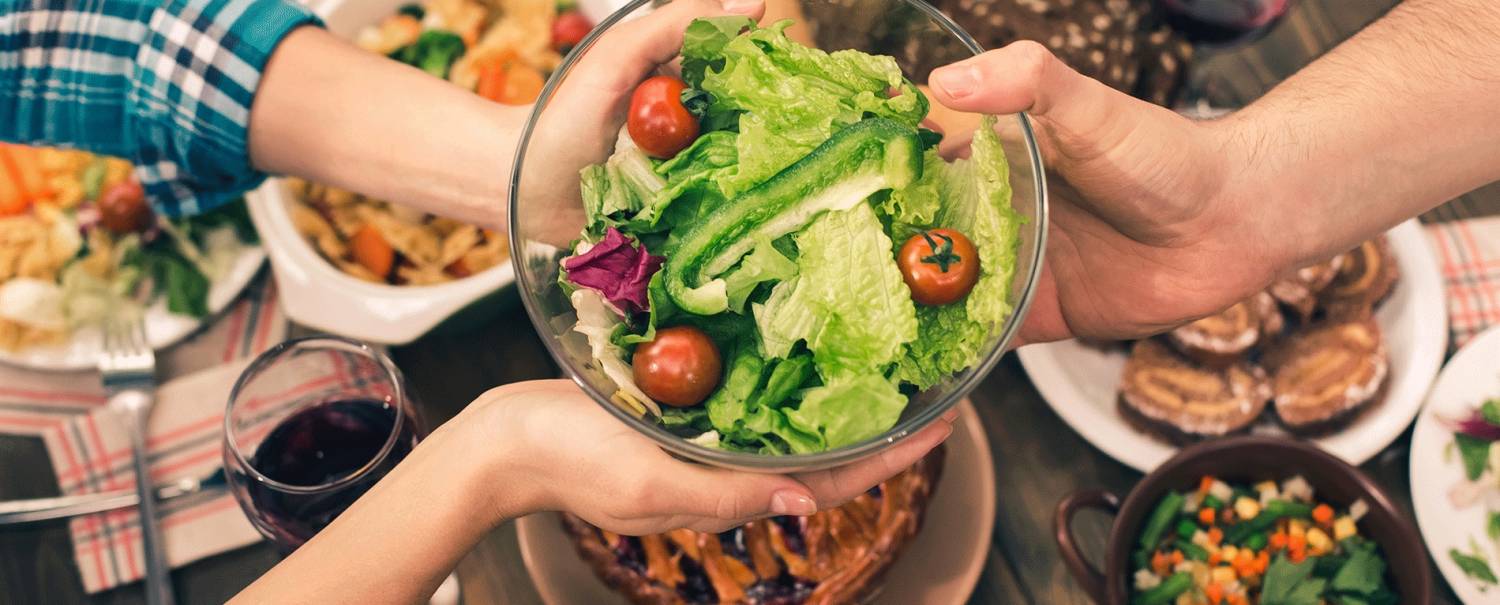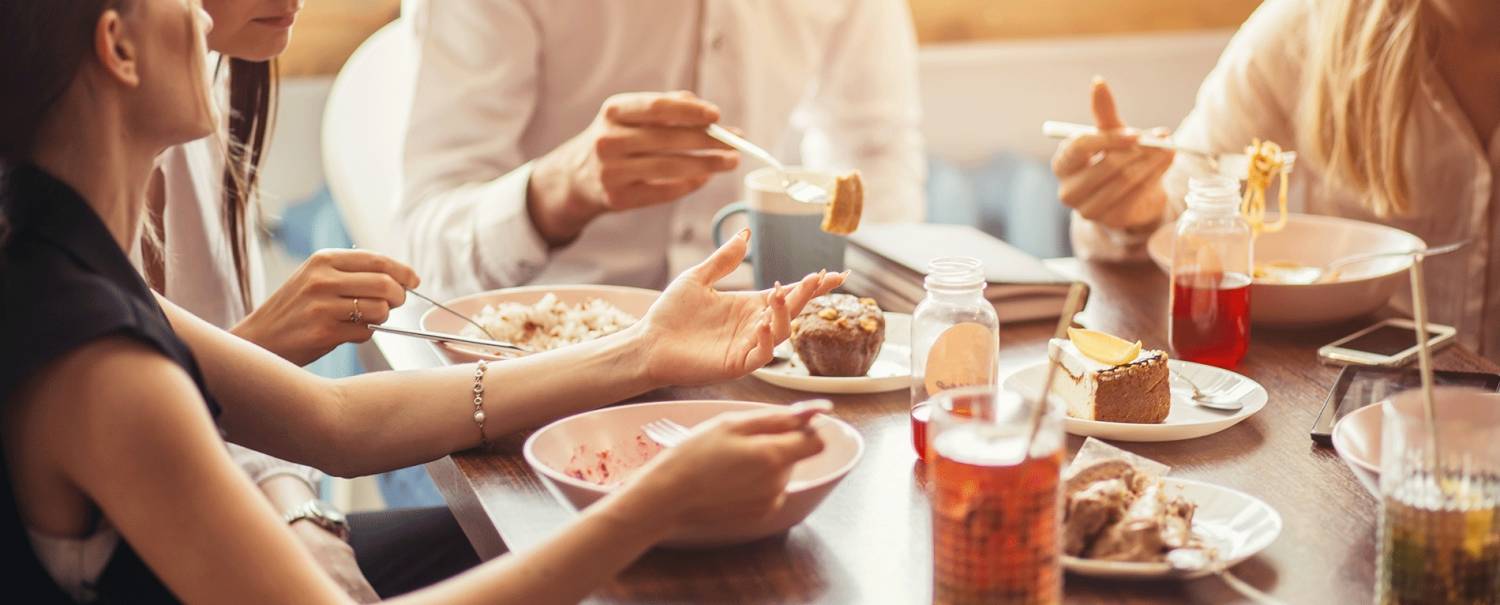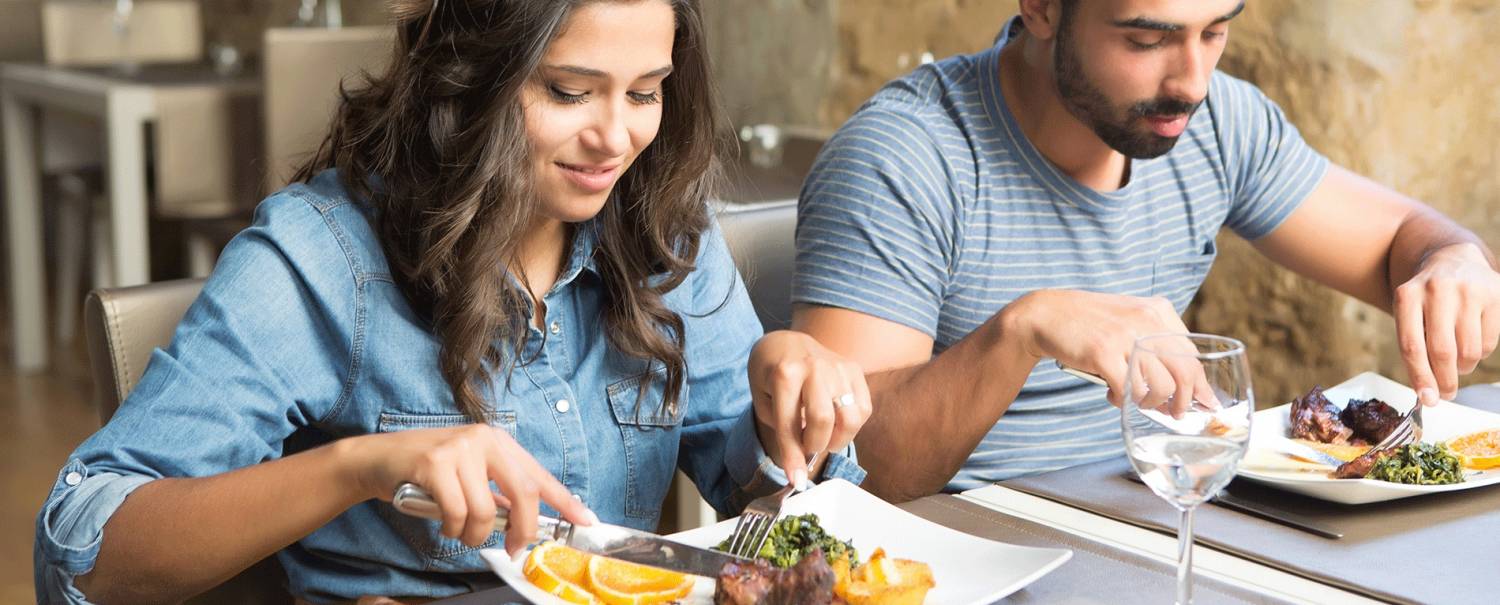Slow food: what is it?
The Slow Food movement is a philosophy that opts for tradition and knowledge in gastronomy. We will tell you all about slow food.
TOPIC OF THE MONTH
Share
It is a way of life that goes back to the past, that reclaims eating as our grandparents did, by choosing natural, seasonal ingredients from local producers, or as close as possible. In addition, by learning how to preserve food properly and how to plan daily menus, you will avoid the temptation of fast food. It makes us prioritise our time and ways of eating by choosing quality and the enjoyment of food.
But it is also a way of sitting at the table, eating attentively, slowly and consciously, and sharing those moments with family and friends. It is a habit that has been lost over time as a result of the rush and frantic pace in our daily lives.
Slow Movement
The Slow Food movement was born over 30 years ago as a demand against the "Fast Food" imported from the English-speaking world. Its founder was Carlo Petrini, an Italian who was convinced that we needed to slow down when it came to living and, above all, when it came to eating.
Currently, Slow Food has more than 100,000 members who are organised in their own delegations in more than 160 countries, and who meet regularly. In addition, this movement collaborates with the only university in the world dedicated exclusively to gastronomic science.
Slow Food Diet
This concept of life aims to recover the healthy eating habits so typical of the Mediterranean, consuming nutritious and complete dishes. It is based on a Mediterranean diet, promoting the consumption of local, seasonal and high quality nutritious foods, such as legumes, pasta, fruit and vegetables and meat or fish. According to this tendency, if we eat under these premises and chew your food slowly, food becomes good, clean and fair. Good for its taste and aroma; clean because it respects the environment and our health; and fair because it provides a sustainable income.
The benefits of practicing Slow food
According to experts, sitting around the table and eating slowly also has benefits for our body, because if we eat more slowly, consciously and savour our food, without realising it, we chew our food more, which has many benefits for our health:
• Chewing helps us have a good digestion. By mixing food with saliva we are crushing and breaking it up, which helps to combat flatulence, avoid stomach aches, indigestion, etc.
• In addition, by chewing, we generate more saliva and, therefore, more of the enzymes which are key for our body to assimilate all the nutrients, minerals and vitamins contained in the food.
• Also, the more we chew the food the more hormones are released that send the signal of satiety to the brain, something that makes us eat less. So it is a good way to take care of your figure.
Take advantage of the holidays and reclaim after-dinner conversations
After dinner conversations are a Spanish custom that we practice less and less. Take advantage of the summertime to reinstate and maintain it, as far as possible, into your daily life when you return from your holidays. Here are 4 ideas for enjoying your after dinner conversations:
• The chat. After-meal socialising is one of the best therapies we have, as it helps us socialise and strengthen our bonds, whether with family or friends. In addition, chatting quietly together with table companions increases the pleasure of living together.
• The siesta (after dinner nap). It has been shown that napping improves our cognitive functioning, our memory, reduces stress and even lifts our mood. In 2011, the North American Space Agency (NASA) established that the appropriate time for an ideal nap is 26 minutes. Two years later, after research, the Harvard Medical School and the Mayo Clinic established that the nap should last between 20 and 30 minutes.
• Time to relax. If you are one of those people who do not want to take a nap or to be seated at the table, take advantage of these moments of rest. Disconnect, turn off your mobile, read, listen to music, take your time and breathe. Clearing the mind and resting the body helps us to replenish our energy.
• Board games. Prolonging the meal with a good board game makes us relax and assimilate food better. Ludo, dominos, any card game or a homemade bingo will guarantee laughter, memories and good times.

Real food: what is it?
Leer más
Real food: what is it?










